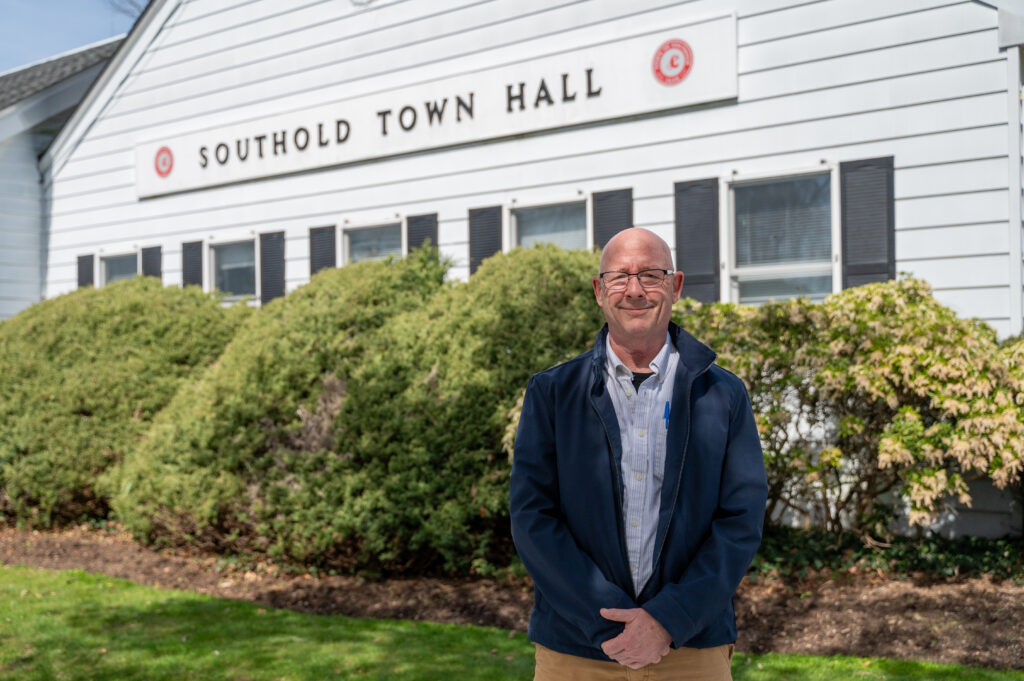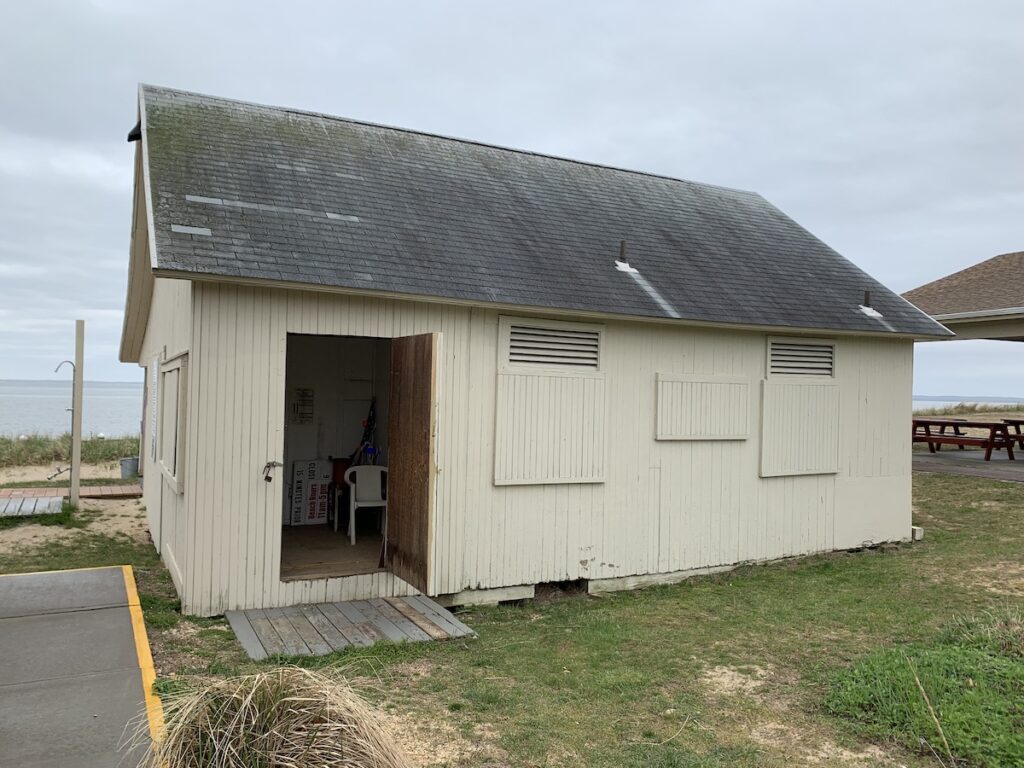Guest Spot: Here are our choices for Mattituck Park District

Since I was elected Mattituck Park District commissioner last year, I’ve been asked to bring greater transparency regarding the workings of the park district. To that end, here’s a brief history and description of its current financial situation.
In 2011, the MPD had a reserve fund of a little over $1 million. Some was used for repairs after Superstorm Sandy caused damage in 2012. FEMA reimbursed most of those costs so the reserve fund remained at more than a $1 million. Each year the MPD receives taxes and revenues from rental and permit fees; in 2020,for example, that revenue was $327,504. Unfortunately, the district’s nine properties cannot be properly maintained at that level of funding. Payroll for maintenance crew, office staff, beach attendants and lifeguards comes to $261,000 (commissioners are unpaid). Add insurance premiums ($24,000) and utilities ($42,000), and expenses rise to $327,000.
This means that the reserve fund must be used to cover remaining budget items: supplies and materials, equipment repairs, site improvements, facility repairs, auditing service, and legal counsel. In 2020, the reserve fund was depleted by $174,603 for these items. Similar situations have occurred each year since 2013, leaving a current reserve fund of approximately $338,000 (as of Aug. 31, 2021).
The only reliable way for the MPD to remain solvent is to increase income by raising taxes, which has not been done for the past 10 years. We can also pursue grants and bonding, but approval of these funding sources is not assured. Bonds are limited to capital improvement projects and must be repaid. There are other options for balancing the budget, but none is appealing.
1. Reduce ongoing costs.
We can reduce the number of beach attendants who ensure that only residents with permit stickers enter the parks. We can eliminate lifeguards and post signs saying “No Swimming.” We can disconnect the lights at the Aldrich Lane soccer fields to lower utility bills and not have soccer after dark.
2. Restrict maintenance to emergency items only and deny site improvements requested by residents In other words, do not repave the parking area at Peconic Bay Beach. Do not repair the groin at Peconic Bay Beach and let the beach keep deteriorating. Do not remove rusted and broken fencing at both Veterans Park and Peconic Bay Beach. Do not replace deteriorated floating docks at Love Lane Park. Do not replace the roof and upgrade stucco at the bathroom building in Love Lane Park. Do not pave the parking area and fix drainage at Aldrich Lane fields. Do nothing to remediate the water in Wolf Pit Lake. Do not add playground equipment at Breakwater Beach. Do not add pickleball courts at Veterans Park.
4. Do not maintain a reserve fund for repairs after the next damaging storm.
The parks belong to the residents. Park commissioners and staff maintain the parks on behalf of the residents. But they can only accomplish this with sufficient funding. The first proposed budget, with a tax increase of 39%, was defeated on Aug. 12. There will be another vote on Thursday, Sept. 30, between 4 and 8 p.m. at Veterans Park, this time proposing an 11% tax increase. This would bring tax revenues to $320,000 for 2022. The proposed 2022 tax revenue for the Southold Park District (a smaller district) is $340,377.
This will not cover all of the costs incurred next year, but it will diminish the amount taken from the reserve fund and bring us closer to a balanced budget. Having consulted with the assessor’s office, we can offer this example: On a $700,000 house, current taxes for parks are $75.60. With the proposed 11% increase, those taxes would increase to $83.92. Amounts will vary depending upon assessed value. The decision is up to the residents of Mattituck and Laurel. Come and vote. Have a voice in the future of your parks.
Mr. Gueli is a commissioner of the Mattituck Park District.








